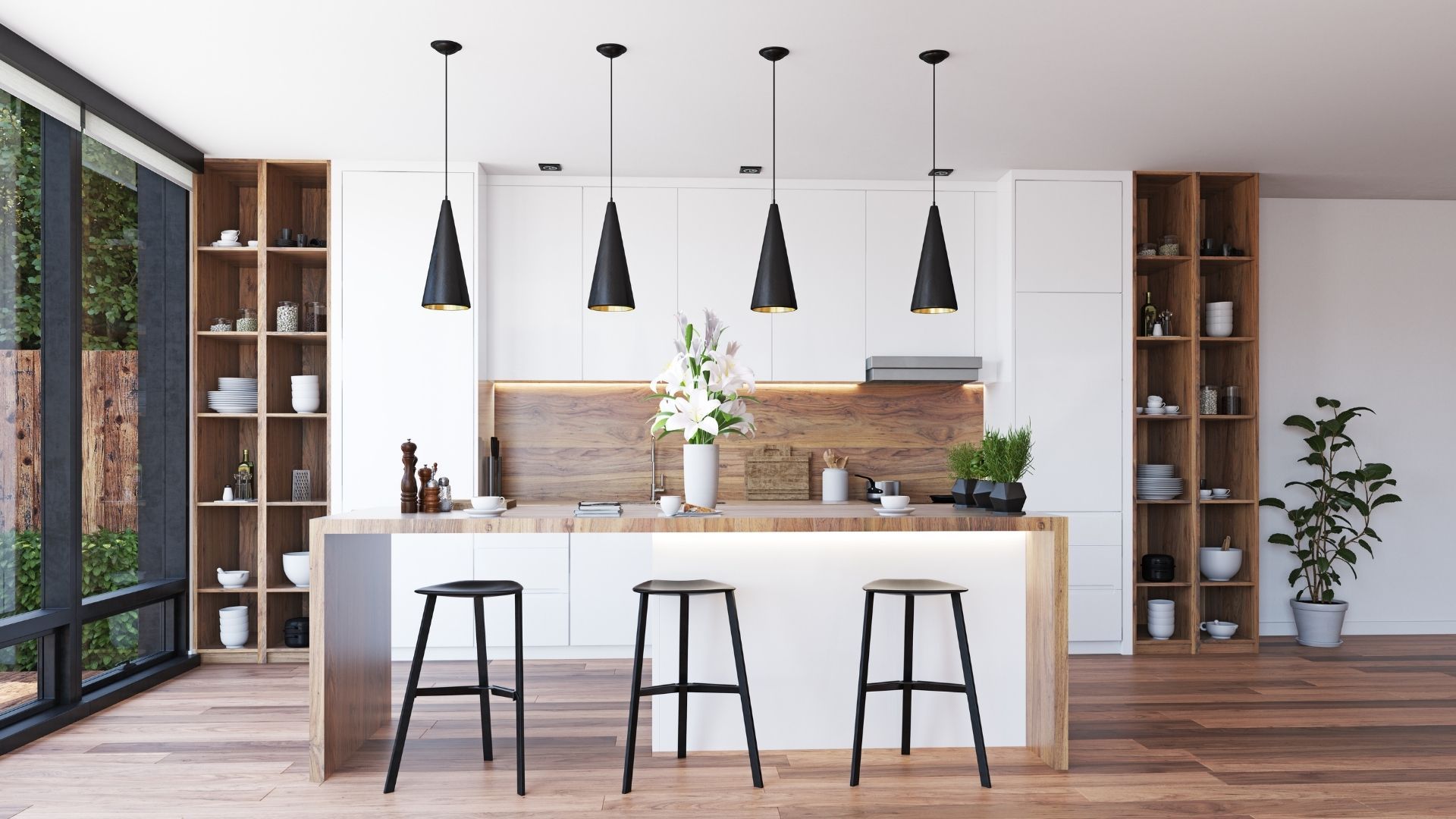BC’s Isolationist Tax
The BC government’s “blame non-resident homeowners” campaign is now officially out of control.
Provincial leaders have just molested international homebuyers with a savage 15% land transfer tax. Worse, and incomprehensibly, they’ve applied it retroactively and with no compunction to purchasers already locked into contracts, people with no other way out besides losing their deposit. This is how the premier wants B.C. to be judged by those outside our borders.
Of course, there are other countries with protectionist real estate practices. But there are also other countries that levy 80% marginal tax rates and jail women because they forgot their burkas. Taking cues from other nations is not, by default, sound.
Given the knee-jerk nature of this tax (the market got all of eight days’ notice to prepare for it), one wonders if B.C.’s premier ever pondered its hypocrisy.
Yesterday I asked a personal finance “guru,” who shall remain nameless thanks to her vulgar response, whether the U.S. should retaliate and force onerous taxes on Canadian snowbirds. It’s a legitimate question.
Those who exclaim, “Yes! Protect hapless local Americans from marauding Canadian purchasers,” should think about that response for a moment. For if Canada snubs international buyers, we can’t argue against the same treatment for Canadians abroad. We have no basis to complain if other countries erect tax fences to shut our people out.
As important as it may be to stabilize home values, before exhausting other options and branding ourselves real estate protectionists, important questions should be considered:
- How would we feel if the Americans slapped a demoralizing new retroactive tax on the half-million+ Canadians who own down south, and the millions more that will someday buy there?
- How just is it for officials in Florida or Arizona or California to disadvantage and displace Canadians so locals enjoy cheaper homes?
- How wise is it to discourage global investment in a country like ours, with its insufficiently diversified economy, and whose outlook deteriorates every time commodity prices drop 10%? (Note that many international investors and their executives, who invest and work in Canada, need second homes here.)
- How much should pandering politicians put equity at risk for the 70% of Canadians who own homes, and the one in four seniors who depend primarily on home equity for survival?
- Given the myriad of supply/demand factors driving home prices, to what extent does legal foreign buying (which likely accounts for just 1 out of 20 purchases long-term, most being high-end properties) really push up prices for working-class Vancouverites?
A key word there is “legal.” Fraudsters, money launderers and other criminal buyers must be chased down, fined, spend time in a 6’x9′ box and/or have their properties confiscated.
By contrast, overseas buyers who respect our rules and buy a second home here should be welcomed with wide open arms, for their diversity, capital and contributions can be a net benefit to this great country. In so many cases they invest here, spend here, help fund the educational system here and support Canadian jobs here (and let’s not let student mansion owners distract from that message).
In cases where non-residents leave “affordable housing” vacant and don’t invest in and foster employment, perhaps that specific practice should be discouraged. But how short-sighted it is to lump all non-nationals into that same boat.
At first blush, most people support higher taxes on Chinese, Korean, U.S., UK, Indian, Taiwanese and other non-Canadian buyers, and you can understand why. People are frustrated. They love Vancouver and they want a comfortable, affordable place to live in or near the city.
Heck, my wife and I lived in Vancouver for five years and we often wished we had enough money to buy a nice house near our workplace. But clearly, owning in a beautiful high-demand area in one of the world’s greatest cities was not our God-given right. Nor is it anyone’s.
Sometimes people who can’t afford something have to make hard decisions, like commuting an extra 45 minutes, changing jobs, living in a condo, migrating or otherwise improving their lot in life.
Without fail, however, both people and economies ultimately adapt to affordability challenges. But it takes forethought and time, and politicians focused on upcoming elections don’t feel they have that time. So we get short-term mindsets creating long-term policy—a bona fide travesty.
B.C.’s new land tax reeks of hypocrisy. If this country’s leaders want to be open members of the global community, and benefit from international trade, and protect our ownership privileges abroad, and attract foreign investment, we simply cannot send a message to non-Canadians that they’re less valuable to our society than we are.
This article was written by Rob McLister from Canadian Mortgage Trends, and was originally published here on July 28th, 2016.
Recent Posts



Contact Me Anytime!
The best way to get ahold of me is to submit through the contact form below. However feel free to give me a shout on the phone as well.




